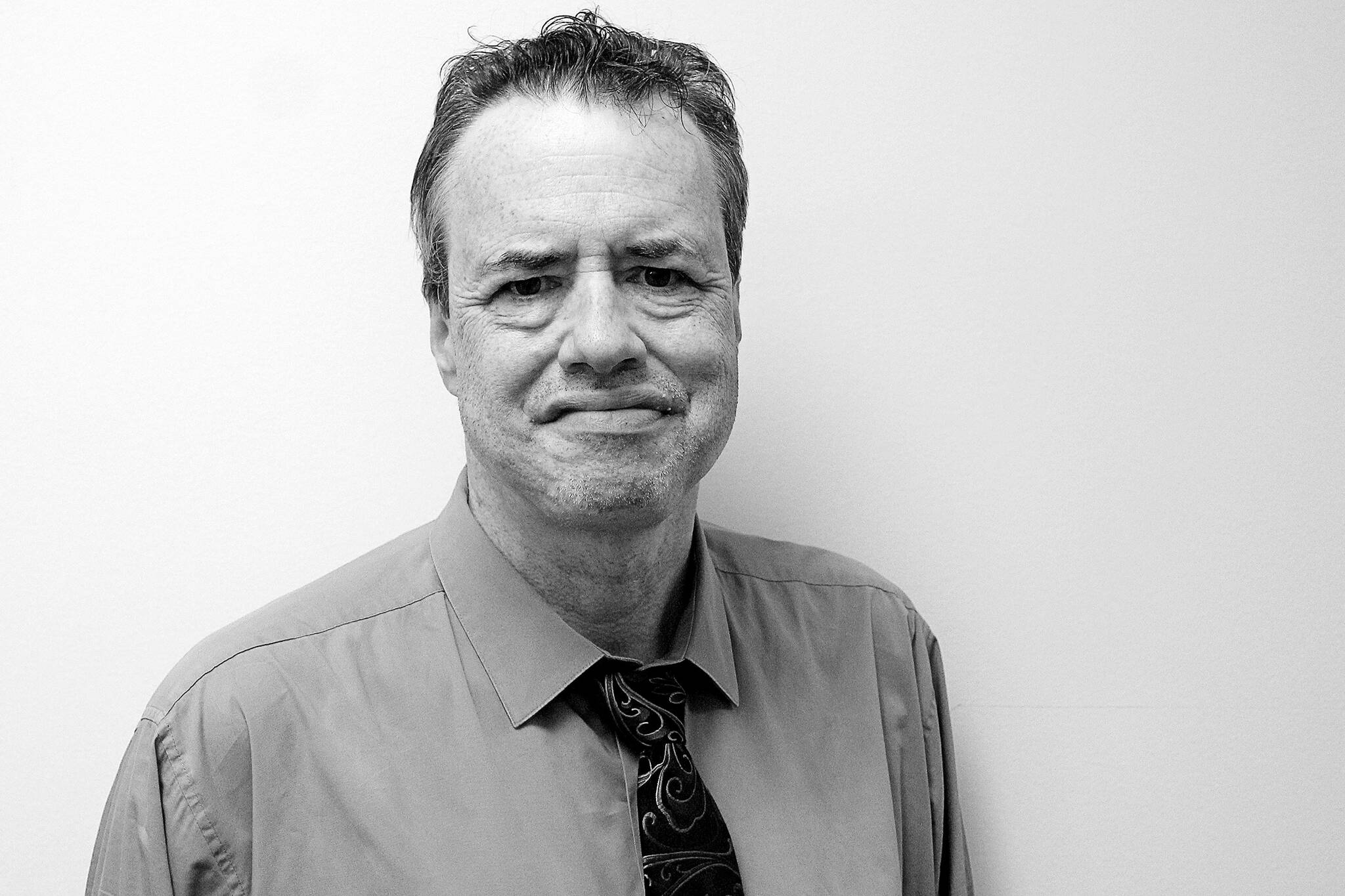My brother, Jack, and I were jabbering on Christmas Eve about all the things we’ve done in our lives that we improbably survived.
Many of the stories people tell about such experiences are amusing. But of course, that’s because they are alive to tell them. Not everyone is so fortunate.
There’s the joy ride that ends in a crash from which a driver emerges with barely a smudge on her glasses, and another involving a barely-felt bump, that takes a life. Why is this? M. Scott Peck in his book “The Road Less Traveled” writes about this mysterious phenomenon, which he calls “grace.”
Most of us have stories to tell about our own close calls.
I was 13 the day in 1975 my mother and I went to Mountainview Cemetery to place flowers on my brother’s fresh grave and tend it. I sat in the Oldsmobile for a moment to listen to a song on the radio. To this day, I don’t know exactly what I did, or how I did it, but at some point I must have released the parking brake or hit the gear shift, because the Olds began to roll backward down the paved path toward the embankment to the south, gathering speed as it went. I was panicking. I didn’t know what to do.
I looked up and saw my mother and then-cemetery-superintendent Wilbur Nichols running toward me, mom’s hand reaching out helplessly to stop the car as it rolled past her. Within seconds, the vehicle had reached the embankment. It went over. But just before the car could continue into the street, the right-rear wheel turned into the embankment and the wild ride was over. If the wheel hadn’t done that, the next stop would have been a merciless landing at the bottom of Peasley Canyon. No doubt about it.
I will never forget the horror on my mother’s face as she ran from tending my brother’s grave.
“I thought I’d lost another,” she told me later.
I’ve thought about that incident over the years. Peck’s “grace” must have been with me that day.
When my big brother, Matt, was 8 or so, a couple of neighborhood boys convinced him to ride his bike down some portion of the east hill southeast of the Auburn Golf Course. Almost a sheer drop. He did, and ended up unconscious at the bottom with a severe concussion. His “friends” left him lying there. They told no one he was there. Luckily, a man found him, and after a visit to the Auburn hospital, Matt arrived home limp and unconscious in my father’s arms.
For that and other dumb acts whose names I dare not speak, Jack and I agree that big brother holds the record for the most grace points in the Whale family. But perhaps double the grace.
In the 1960s and 1970s, many kids enjoyed diving off local bridges into the Green River. There is a photograph somewhere of my brother, Jim, jumping in a cape off the old Porter’s Bridge when it was still green metal, a shot taken by the late, great Duane Hamamura for the Auburn Globe News. Jim was a river bum. He did that a lot, but never got hurt. But I know of people who were paralyzed diving into the Green River when the water was shallow, and one could stand with head and shoulders well above the surface.
I know of a former neighbor who looked out of his bedroom window one morning after a royal booze-up the night before and saw his car beaten, battered, and covered with chicken feathers and bits of straw.
“I must have driven through a barn,” the man said afterward.
Our old neighbor was lucky he didn’t kill himself or anyone else during a drive home he could never recall. In the end, however, the experience provided the strong incentive he needed to give up the sauce. Which he did.
Grace? I think so.
My late father, who grew up in the town of Maspeth in the New York City borough of Queens in the 1930s and 1940s, had his own close call. Seems he and a few of his buddies wondered one day, “Gee, what would happen if we were to sling this here metal can we just found attached to a chain over one of the big electrical lines powering the subway system?”
They did, but at the moment some instinct moved my dad to let go of the chain just before the can exploded into a thousand hot metal bits. Took more than a moment, he said, to regain any semblance of color in his face.
As I’ve rolled through the years, I’ve come to accept that certain matters will always be beyond my understanding. That applies especially to mysteries of life and death. Big brains that claim to know what lies beyond the gate know no better than I do.
Therefore, I follow the lead of the great Iris DeMent, when she sings, “I choose to let the mystery be.”
Robert Whale can be reached at rwhale@soundpublishing.com.



